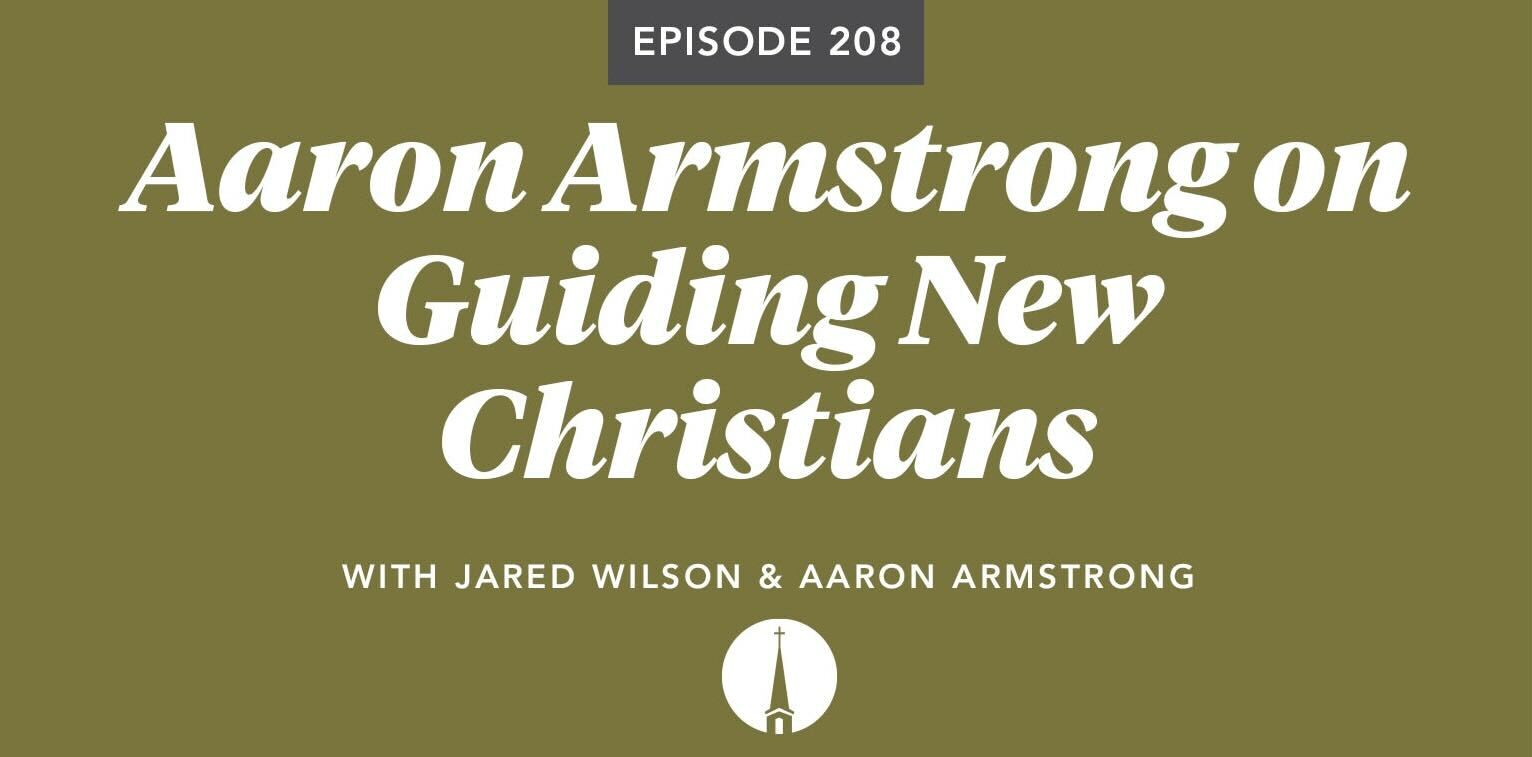
On this episode of the FTC Podcast, Jared Wilson talks with author Aaron Armstrong about his new book of counsel for new believers and how we all might help our new brothers and sisters take their first steps in the pursuit of Christlikeness. But first, a conversation about comic book movies! (If you just want to skip to the book conversation, jump to 9:37.)

